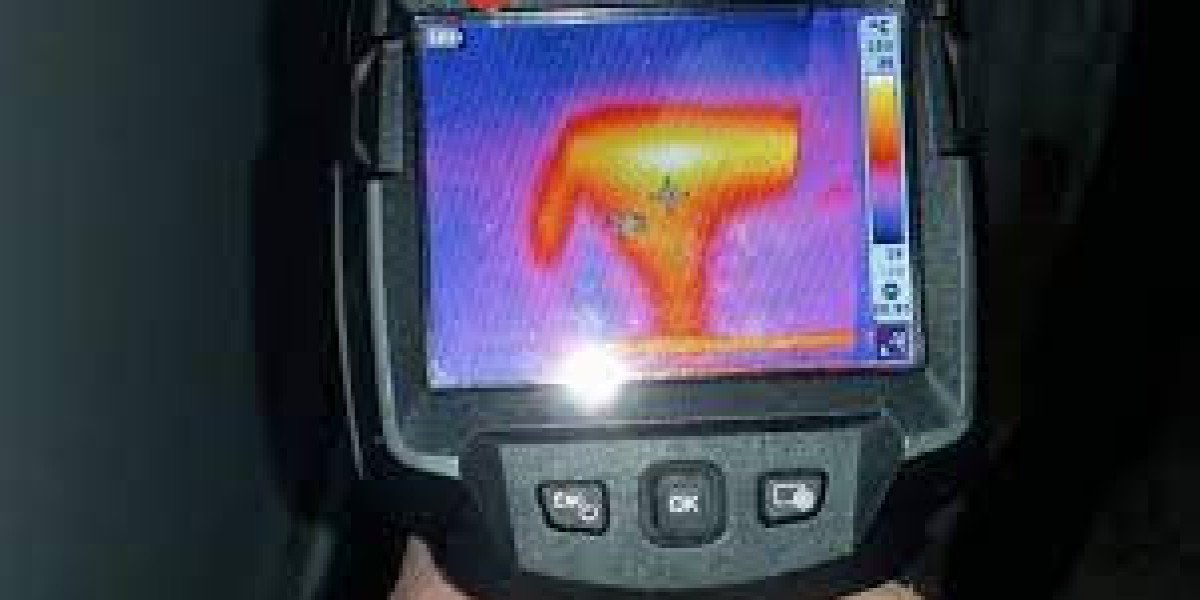En esta sección encontrarás medites capaces y importantes que tienen la posibilidad de inspirarte y transformar tu vida. Son palabras sabias y reflexivas que te asistirán a iluminar tu camino y encontrar la motivación necesaria para hacer una vida llena de crecimiento personal. La zona de confort es un estado mental que no deja el crecimiento personal y es un hábito que puede ser perjudicial para lograr un alto grado de satisfacción en el modo de vivir la vida. En el momento en que decides ofrecer un paso al frente y cambiar tu vida, pero algo te impide seguir y la ansiedad te mantiene anclado a esa situación que te resulta cómoda, andas poniendo bajo riesgo tu desarrollo personal. Esto supone un gran coste emocional y un impedimento para continuar con tu transformación hacia un mayor confort. Descubre cómo el poder de la aceptación puede ser un camino hacia la transformación personal y el bienestar sensible.
¿Qué debo hacer si tengo un día difícil durante el proceso de transformación?
Los hábitos no solo influyen en nuestra eficacia y salud, sino que asimismo tienen la posibilidad de saber nuestro éxito en un largo plazo, por ello, exploraremos la relevancia de cambiar hábitos y los pasos precisos para conseguirlo. La reflexión y la motivación son fundamentales para alcanzar el éxito y poder nuestros objetivos. La reflexión nos permite mirar hacia adentro, valorar nuestras fortalezas y debilidades, y hallar formas de prosperar. La motivación nos impulsa a continuar adelante, incluso en el momento en que encaramos desafíos y óbices. En el momento en que sepas qué es importante para tu felicidad y tu bienestar, tienes que detallar misiones a corto, medio y largo período para lograr pasar a la acción.
e) Quais as consequências envolvidas no alcance deste objetivo?
El próximo paso es grande para efectuar una transformación de la vida personal que dure para toda la vida. La etapa de recaída es escencial para comprender en el período de transformación de la vida personal. Es una pieza esencial para entender el sendero hacia el éxito. Donde construir el hábito fue el punto mucho más vital en la etapa 4, análise corporal online Grátis la etapa de mantenimiento de la transformación de la vida personal hablamos de activar varios botones.
It is a normal, pure emotion that everyone experiences at some point of their lives. While anger could be useful in sure conditions – corresponding to when it motivates us to take motion – too much anger can turn into a problem and result in critical well being points. Anger is an emotion that may vary from delicate irritation to intense rage. While many people categorize anger as a solely "negative emotion," it may be positive.
Managing Stress and Anxiety through Emotional Release Therapy
Research exhibits that these with present PTSD have a smaller hippocampus, a middle for emotions and memory in the mind. When trauma isn’t processed or resolved on its own, it may linger far past the precise occasion. These sensory fragments stay within the thoughts and interrupt the brain’s pure restoration process. In different words, your "feeling" comes from what your nervous system is telling you. According to Nelson, three things occur when an emotion is experienced. Imagine putting all your anger into your spine and being direct about what you need.
For instance, fixation on the oral stage of growth may later lead to in search of oral pleasure as an adult via sucking one’s thumb, pen or cigarette. Also, fixation during the anal stage could trigger an individual to sublimate their need to handle faeces with an enjoyment of pottery. Sublimation for Freud was the cornerstone of civilized life, as arts and science are all sublimated sexuality. (NB. this can be a value-laden idea, based on the aspirations of European society at the finish of the 1800 century). The idea that despair is often the end result of the anger we refuse to acknowledge is accepted by many individuals, Freudians and non-Freudians alike.
We and our partners process data to provide:
Mature protection mechanisms embody altruism, anticipation, humor, sublimation, and suppression. Defense mechanisms are typically broadly categorized into both primitive defenses or mature defenses. Mature defense mechanisms are more adaptive, and primitive defenses are much less adaptive. Thus, if a person feels depressed or unhappy, unable to get off the bed, or avoiding the same old day by day actions, he/she should consult a psychological health skilled.
History of Defense Mechanism Theory
This protection mechanism entails detaching or distancing themselves from explicit experiences, especially when coping with annoying conditions. For occasion, a person who feels lonely could retreat into fantasy and create an elaborate romantic world with their favourite superstar by way of daydreams. This protection mechanism includes reverting to childlike behaviors or patterns of considering to deal with annoying situations or unacceptable ideas. It’s a way to search consolation and safety by escaping stressors and returning to a well-recognized state. For instance, an grownup might suck their thumb or rely heavily on their parents when faced with a tough situation. We can understand our behaviors and reactions, acknowledge why we respond the way in which we do in certain conditions, and develop more healthy coping strategies by looking into the varied types of defense mechanisms and the way they work.
How to Eliminate Unhealthy Defense Mechanisms
This just isn't a very profitable defense in the lengthy run because it includes forcing disturbing wishes, ideas or reminiscences into the unconscious, the place, though hidden, they'll create anxiety. Many folks use denial of their on a daily basis lives to keep away from dealing with painful emotions or areas of their life they don’t want to admit. When they get out of proportion (i.e., used with frequency), neuroses develop, such as anxiety states, phobias, obsessions, or hysteria. Sometimes you may repress information consciously by forcing the unwanted information out of your consciousness. In most cases, nonetheless, this elimination of anxiety-provoking memories from awareness is believed to occur unconsciously. Have you ever had a extremely dangerous day at work, then went home and took out your frustration on family and friends? If you answered sure, you may have skilled the ego protection mechanism of displacement.







